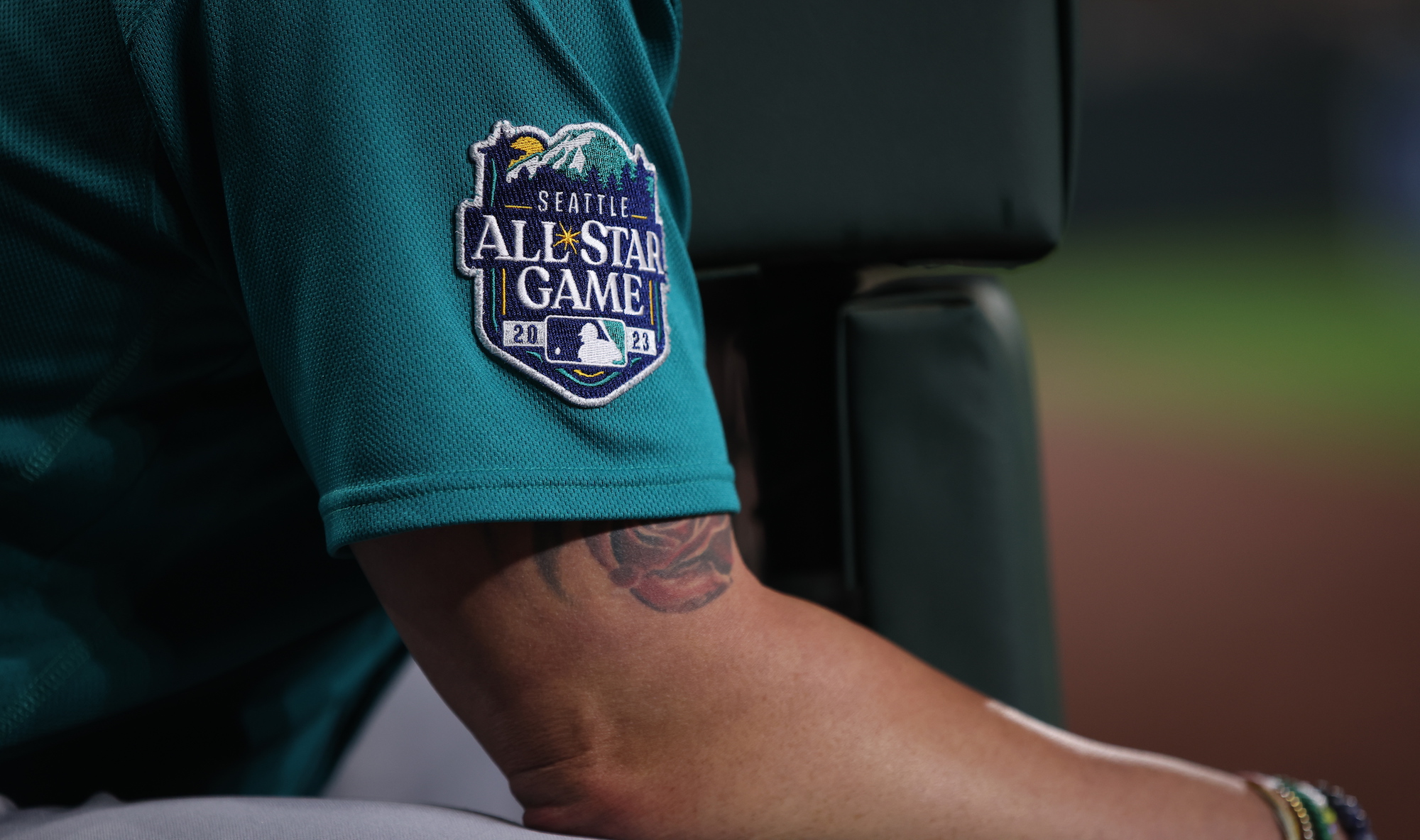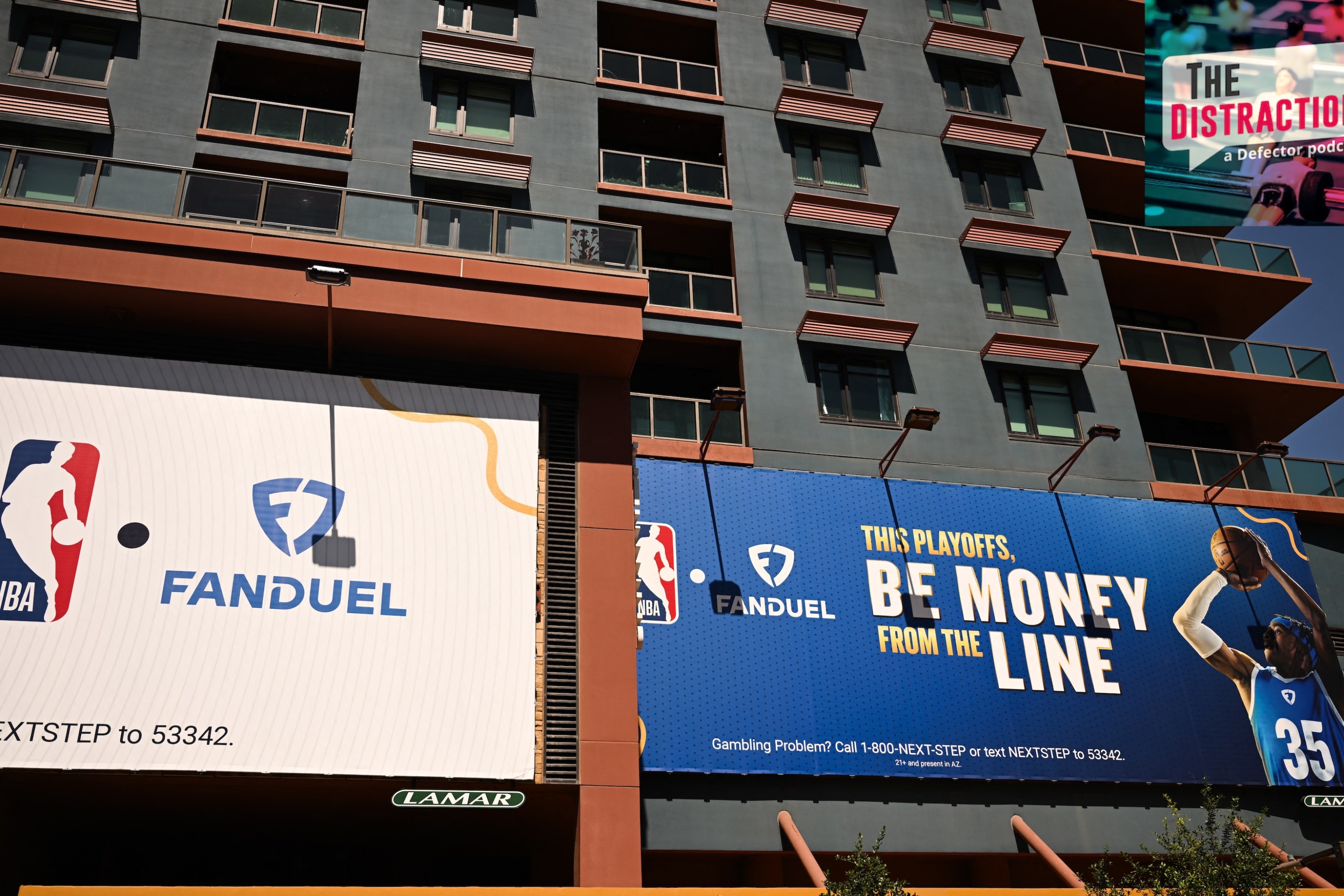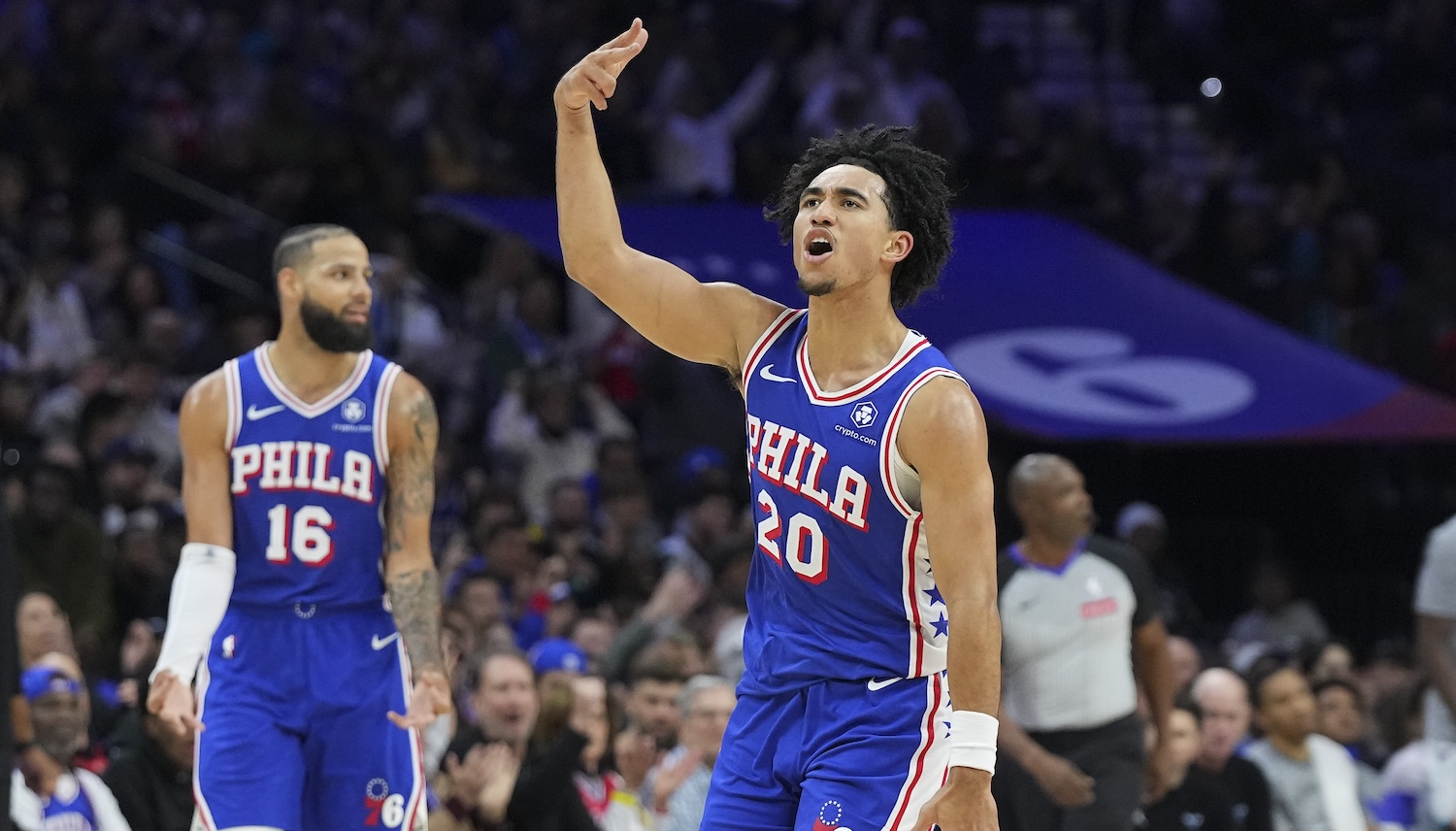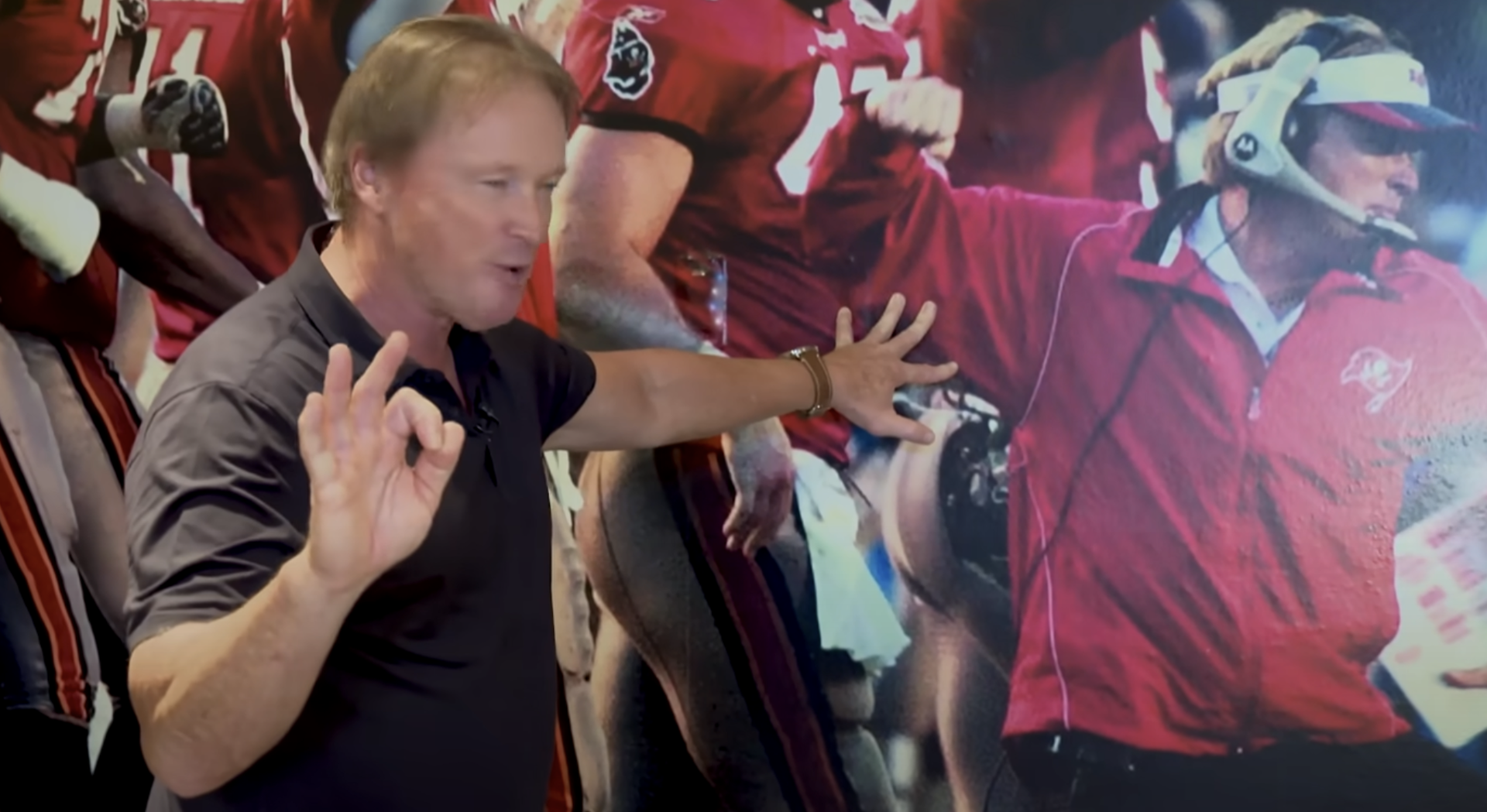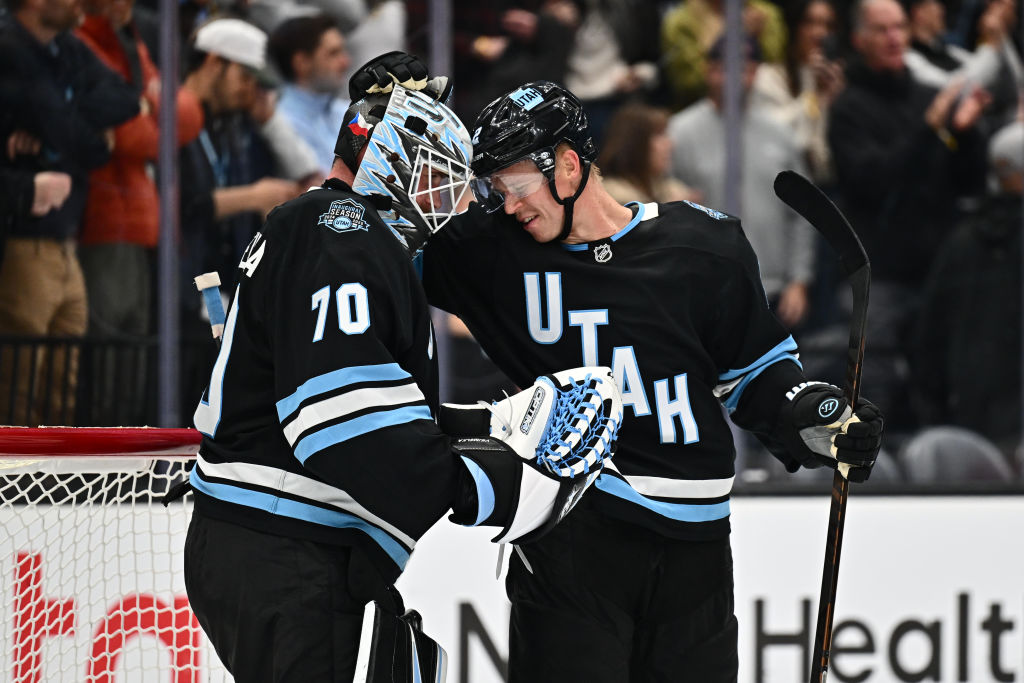For all the reasons why all-star games in general and baseball's specifically can be contrived nonsense dressed up for advertisers looking for shut-ins and prisoners on an otherwise quiet Tuesday night in July, there is this:
Michael Lorenzen: "I'm like, 'There's no way. This is fishy, but there is no way I made the All-Star Game, like there is absolutely no way.' And then he told me that I did. I kind of broke down. I was like, 'I'm a mid-4, how did I make the All-Star team?' But it was awesome." https://t.co/3YbXQEDygA
— Evan Petzold (@EvanPetzold) July 2, 2023
Yep. Mike Lorenzen, who has nothing resembling an all-star's season but has the good fortune of being a Detroit Tiger when being a Detroit Tiger is less an accomplishment than an accusation, is an all-star and damned happy about it. And why not? I mean, you can see Shohei Ohtani whenever you want, and more often than any other player. You can see Ronald Acuna and Mookie Betts and Wander Franco and Marcus Semien and Ohtani again. But are you going to see, or for that matter seek, Michael Lorenzen unless you happen to be a Lorenzen yourself? You are not.
So that's why the All-Star Game is actually for him, and Oakland's Brent Rooker, another obvious beneficiary of the much-condemned but actually quite delightful "well, every team gets one, even these guys" rule. Rooker at least had a noteworthy April before reverting to Athletic-level production, while Lorenzen has been steadily not spectacular all season long with a Tigers team in the early stages of a rebuild that should come to fruition in 2045.
They understand the deal—they get in because there's a rule that rewards career toilers who happen to be either on the wrong team or the team that will have them. Rooker is a 28-year-old lifer who had 81 games of major-league experience and had been waived by Kansas City over the winter to be picked up by the only team worse than the Royals. The 31-year-old Lorenzen spent much of his time with a series of sub-mediocre Reds teams before hooking on with the pitching-thin Angels last year and then being loosed back into the wild where the Detroits picked him up to be the new ace of a staff whose original rotation was ineffective, injured, or both. All you really need to know is that when he was called into manager A.J. Hinch's office he thought he was going to be traded, and it’s unclear if that wouldn’t have been a greater reward than this.
Rooker did not give off such a vibe, even though his numbers have been roughly half what they were in April. Indeed, one could assert with some confidence that his high-water mark was April 27 when he hit a three-run homer off Ohtani in an 8-7 loss to the Angels. In fact, he pretty well asserted it himself.
"So there's a really cool picture of me hitting a homer off Shohei in Anaheim," he told reporters Sunday, "and I'm going to approach him very humbly and try to get him to sign it because I think that is something I would love to have forever. I wanna definitely introduce myself to him and again, very, very humbly and very meekly see if he will sign that picture for me."
That's two very humblies and one very meekly, so it will be worth seeing how much Rooker is willing to degrade himself for this man-cave centerpiece. But since he and Lorenzen are really the only two players who don't have all-star-level credentials, whatever they do will be more in keeping with what makes the All-Star Game as cool as it can manage in these jaded times.
Then again, it could also play out that Lorenzen gets traded the day after the game, or that Ohtani indignantly brushes off Rooker. Baseball is cruel a lot more often than not, after all, and feelgood stories often develop a painful rash. On the off-chance, though, that those things don't happen, the only other thing that could make this better is for both of them to actually play in the game, which is not guaranteed since the rosters are large enough to accommodate Lorenzen and Rooker while allowing manager Dusty Baker to ignore them. It might be worth the rest of the scheduled ritual turgidities to see if the two guys most surprised to be in Seattle get a chance to play in a game designed to omit them.
